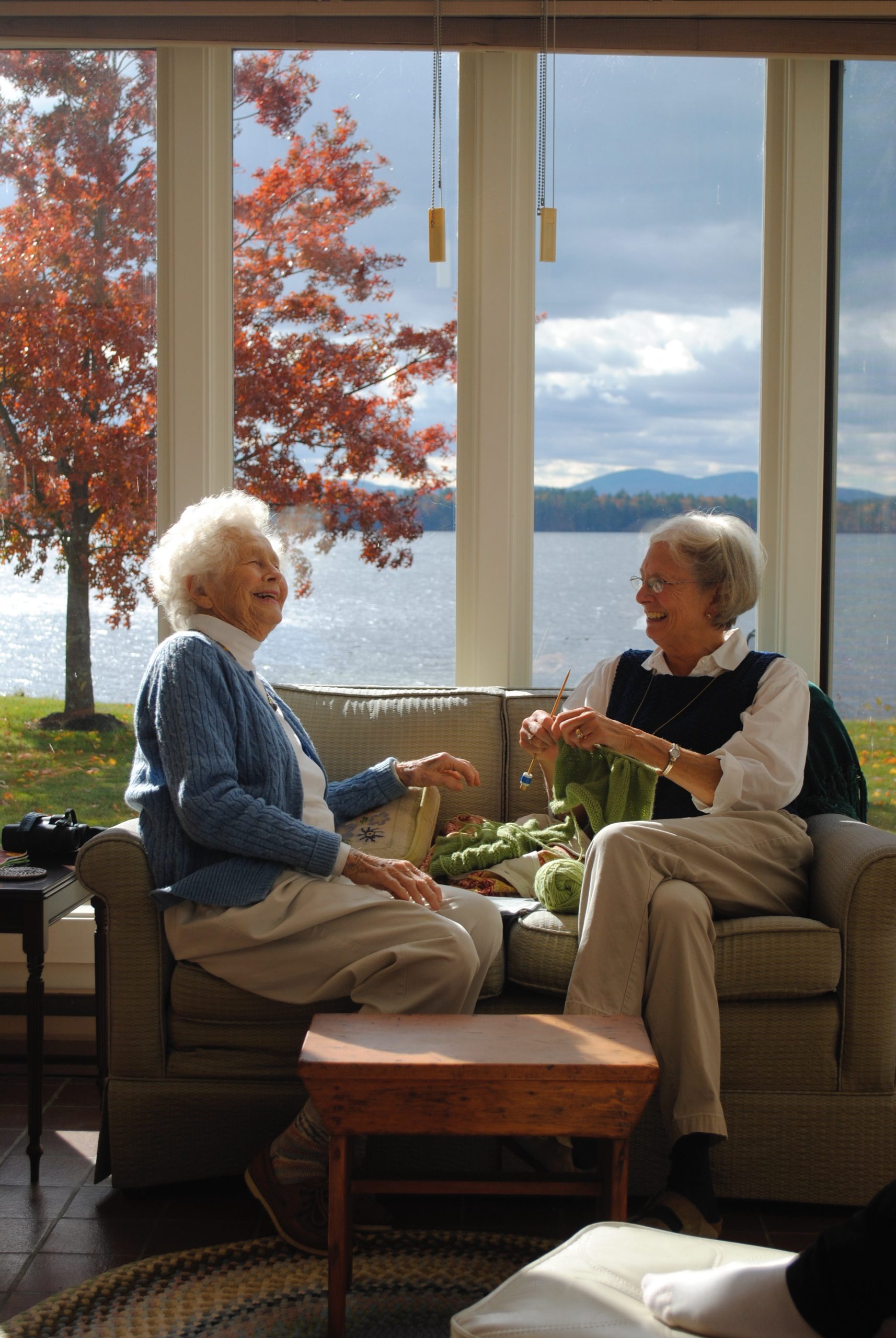Living on a Fixed Income: Budgeting Tips for Elderly Individuals

The image is not directly related to the article. It merely symbolizes the life of elderly people.
Living on a Fixed Income: Budgeting Tips for Elderly Individuals
What is a fixed income?
Why is budgeting important for elderly individuals on a fixed income?
Budgeting is important for elderly individuals on a fixed income because it allows them to make the most of their limited funds. By creating a budget, they can prioritize their expenses and ensure that they have enough money for necessities such as housing, food, and healthcare.
What are some tips for creating a budget on a fixed income?
Some tips for creating a budget on a fixed income include:
- Track your expenses: Keep a record of all your expenses for a month to see where your money is going.
- Identify necessities: Determine which expenses are necessities, such as housing, food, and healthcare, and prioritize those in your budget.
- Reduce discretionary spending: Cut back on non-essential expenses such as dining out, entertainment, and travel.
- Look for discounts and savings: Take advantage of senior discounts, coupons, and other ways to save money on essentials.
- Consider downsizing: If your housing costs are too high, consider downsizing to a smaller home or apartment.
What are some common expenses for elderly individuals on a fixed income?
Some common expenses for elderly individuals on a fixed income include:
- Housing: Rent or mortgage payments, property taxes, and home repairs.
- Food: Groceries and dining out.
- Healthcare: Insurance premiums, copays, and medications.
- Transportation: Car payments, gas, and maintenance.
- Utilities: Electricity, gas, water, and phone and internet service.
How can elderly individuals on a fixed income supplement their income?
Elderly individuals on a fixed income can supplement their income by:
- Working part-time: Many seniors continue working part-time to supplement their income.
- Selling assets: Selling unused items such as furniture, jewelry, or collectibles can bring in extra cash.
- Applying for government benefits: There are government programs such as SNAP, LIHEAP, and Medicaid that can provide additional financial assistance.
- Renting out a spare room: Renting out a room in their home can bring in extra income.
The image is not directly related to the article. It merely symbolizes the life of elderly people. Living on a Fixed Income: Budgeting Tips for Elderly Individuals What is a fixed income? A fixed income is a set amount of money that an individual receives on a regular basis, typically from a pension, social security,…
Recent Posts
- Empowering Caregivers: The Best Online and Offline Resources to Enhance Your Skills
- Traveling with a Purpose: The Rise of Volunteer Vacations
- Breaking Stigma: Dispelling Myths about Mobility Aids and Disability
- Avoiding Probate: How Trusts Can Simplify the Estate Settlement Process
- Senior Citizens Beware: Common Financial Scams and How to Stay Protected

